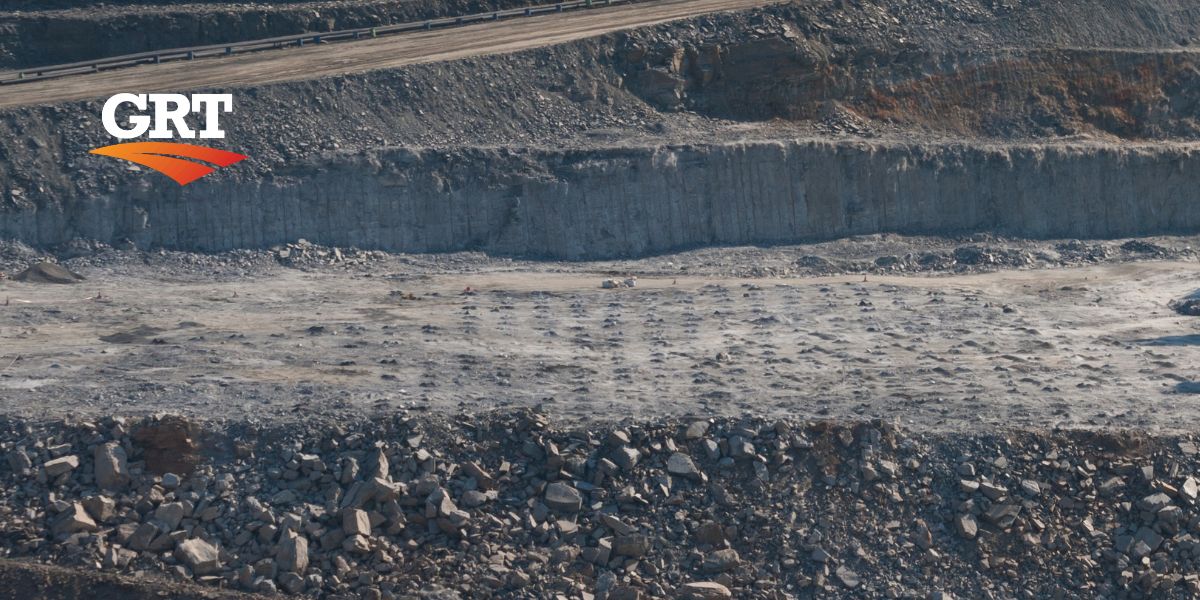WA regional energy provider Horizon Power has purchased a Vanadium redux-flow battery capable of storing large quantities of renewable energy. The first investment in a Vanadium battery by an Australian energy utility, Horizon plans to utilise the 78-kilowatt/220kWh long-duration technology in a Kununurra pilot plant. Subsequently, Horizon Power inked a deal with VSUN Energy, a subsidiary of Australian Vanadium Limited, for the purchase, installation, and commissioning of the battery.
The benefits at a glance include:
- Vanadium is temperature resilient in harsh environments and can store 100% renewable energy in high volume to provide backup power during peak demand or interruptions.
- Long-duration battery technology minimises the need for costly fossil fuel generation and grid infrastructure upgrades.
- The Vanadium-supported technology has the potential to provide a long-term solution for microgrids and off-grid power systems.
According to WA’s Energy Minister, Bill Johnston, Horizon Power continues to provide market leadership in “cutting-edge, clean energy technology.”
“Vanadium redox flow batteries are specifically designed to deliver energy over a long period of time, which is crucial for achieving the high levels of decarbonisation we are after,” he said. “If the pilot is successful, there is potential to expand the use of long-duration, 100 per cent renewable energy across Horizon Power’s 2.3 million square-kilometre network.”
The battery is anticipated to arrive in Perth in early 2024. Following successful testing, it will be transported to Kununurra.
Are environmental regulations, health and safety concerns or potential profit loss a concern right now?
Carmichael Coal Tracking for Success
After a successful test and commissioning phase, Carmichael coal mine in Queensland has shipped its first 10 million tonnes of thermal coal.
The Bravus Mining and Resources project transported the coal to the North Queensland Export Terminal with help from its subsidiary Bowen Rail.
Bravus’ Chief Operating Officer, Mick Crowe, praised the achievement as “shared by the tens of thousands of people across the company”.
“This is a terrific milestone for our team, our contracting partners, and supporters of our business,” he said.
“We said at the outset of the Carmichael mine and rail project that we’d deliver more than 1500 direct jobs during the construction and testing and commissioning period. In fact, we well and truly exceeded that with more than 2600 people employed at the peak of construction and more than $2 billion paid to regional Queensland contractors and businesses,” he added.
Moving forward, Bravus and its 750 onsite workers are now firmly focused on delivering thermal coal to developing nations like India and those in South East Asia.
“There’s no question that Australian coal will play a role, alongside renewables, as part of the global energy mix that delivers reliable and affordable power with reduced emissions intensity,” Crowe finished.
Rio Takes $1 Billion Hit on Aluminium Assets
Mining major Rio Tinto has wiped over $1 billion from the value of its carbon-intensive alumina assets in Australia. Rio is investigating the impact of more rigid federal government requirements designed to curb greenhouse gas emissions.
On the other hand, the company’s Queensland-based alumina refineries and aluminium smelters remain some of the most significant industrial polluters. Under the Albanese government’s “safeguard mechanism”, the company will be required to cut greenhouse gas emissions.
Just last week the company announced it had taken a $US800 million ($1.18 billion) after-tax hit on its Gladstone refineries as assets experienced “challenging market conditions” and higher decarbonisation costs. Rio’s chief executive Jakob Stausholm said the company recognised the government scheme’s intent but said it would be “tough on assets that are not super profitable”.
“It doesn’t take away the fact that it is a cost on an asset that doesn’t make money,” he said.
“That’s why we are working so hard to work with the government to future-proof these assets for decades to come because there is no doubt that change is necessary – we cannot continue with a level of carbon dioxide emissions from those assets; we need to find a decarbonisation pathway forward that keeps those assets competitive.”
Dust suppression is a critical issue in the world of mining and resources.
Learn more about GRT’s industry-leading and IoT-connected SMART Dosing Units, and discover how we’re driving better dust suppression solutions for all!
Your feedback is important to us.
If you enjoyed reading this Global Road Technology industry update and found it informative, please let us know by leaving a REVIEW.
References:
https://www.wa.gov.au/government/media-statements/Cook-Labor-Government/Vanadium-battery-to-power-regional-WA–20230731
https://www.bravusmining.com.au/carmichael-mine-delivers-on-its-promises-to-regional-queensland/
https://www.smh.com.au/business/companies/rio-tinto-s-first-half-profit-falls-on-softer-iron-ore-prices-20230726-p5drca.html
Troy Adams
Troy Adams is the Managing Director of Global Road Technology (GRT) Specialising in Engineered Solutions for Dust Suppression, Erosion Control, Soil Stabilisation and Water Management. A pioneering, socially conscious Australian entrepreneur, Troy Adams is passionate about health and safety and providing innovative solutions that are cost-effective to the mining industry, governments and infrastructure sectors. Troy is also a tech investor, director of companies like Crossware, Boost, Hakkasan, Novikov and more.

